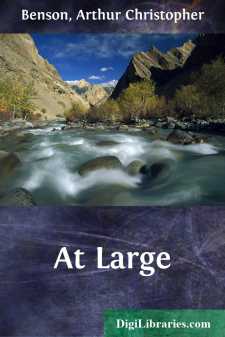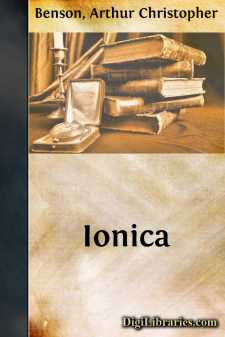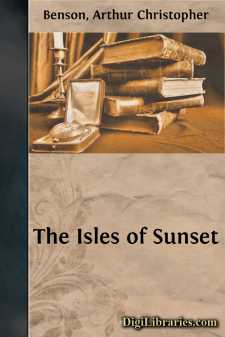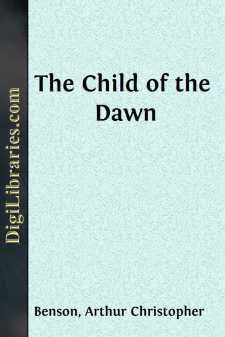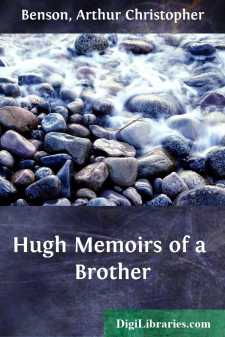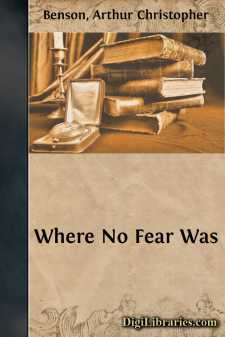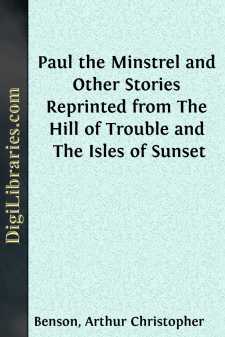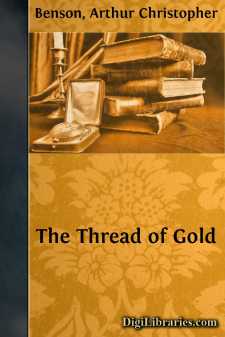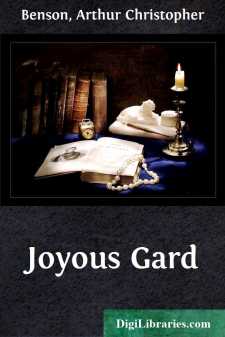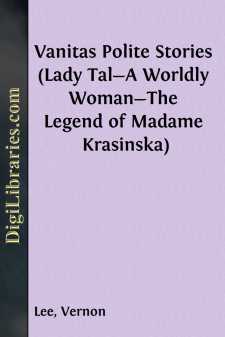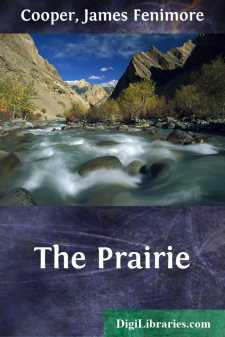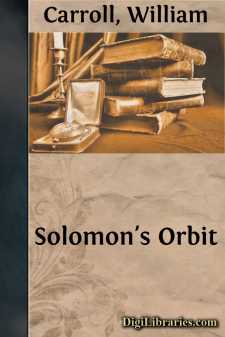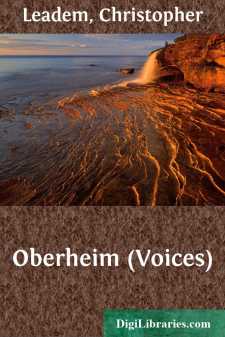Categories
- Antiques & Collectibles 13
- Architecture 36
- Art 48
- Bibles 22
- Biography & Autobiography 813
- Body, Mind & Spirit 138
- Business & Economics 28
- Children's Books 12
- Children's Fiction 9
- Computers 4
- Cooking 94
- Crafts & Hobbies 4
- Drama 346
- Education 46
- Family & Relationships 57
- Fiction 11821
- Games 19
- Gardening 17
- Health & Fitness 34
- History 1377
- House & Home 1
- Humor 147
- Juvenile Fiction 1873
- Juvenile Nonfiction 202
- Language Arts & Disciplines 88
- Law 16
- Literary Collections 686
- Literary Criticism 179
- Mathematics 13
- Medical 41
- Music 40
- Nature 179
- Non-Classifiable 1768
- Performing Arts 7
- Periodicals 1453
- Philosophy 64
- Photography 2
- Poetry 896
- Political Science 203
- Psychology 42
- Reference 154
- Religion 505
- Science 126
- Self-Help 81
- Social Science 81
- Sports & Recreation 34
- Study Aids 3
- Technology & Engineering 59
- Transportation 23
- Travel 463
- True Crime 29
At Large
Categories:
Description:
Excerpt
I. THE SCENE
Yes, of course it is an experiment! But it is made in corpore vili. It is not irreparable, and there is no reason, more's the pity, why I should not please myself. I will ask—it is a rhetorical question which needs no answer—what is a hapless bachelor to do, who is professionally occupied and tied down in a certain place for just half the year? What is he to do with the other half? I cannot live on in my college rooms, and I am not compelled to do so for economy. I have near relations and many friends, at whose houses I should be made welcome. But I cannot be like the wandering dove, who found no repose. I have a great love of my independence and my liberty. I love my own fireside, my own chair, my own books, my own way. It is little short of torture to have to conform to the rules of other households, to fall in with other people's arrangements, to throw my pen down when the gong sounds, to make myself agreeable to fortuitous visitors, to be led whither I would not. I do this, a very little, because I do not desire to lose touch with my kind; but then my work is of a sort which brings me into close touch day after day with all sorts of people, till I crave for recollection and repose; the prospect of a round of visits is one that fairly unmans me. No doubt it implies a certain want of vitality, but one does not increase one's vitality by making overdrafts upon it; and then too I am a slave to my pen, and the practice of authorship is inconsistent with paying visits. Of course the obvious remedy is marriage; but one cannot marry from prudence, or from a sense of duty, or even to increase the birth-rate, which I am concerned to see is diminishing. I am, moreover, to be perfectly frank, a transcendentalist on the subject of marriage. I know that a happy marriage is the finest and noblest thing in the world, and I would resign all the conveniences I possess with the utmost readiness for it. But a great passion cannot be the result of reflection, or of desire, or even of hope. One cannot argue oneself into it; one must be carried away. "You have never let yourself go," says a wise and gentle aunt, when I bemoan my unhappy fate. To which I reply that I have never done anything else. I have lain down in streamlets, I have leapt into silent pools, I have made believe I was in the presence of a deep emotion, like the dear little girl in one of Reynolds's pictures, who hugs a fat and lolling spaniel over an inch-deep trickle of water, for fear he should be drowned. I do not say that it is not my fault. It is my fault, my own fault, my own great fault, as we say in the Compline confession. The fault has been an over-sensibility. I have desired close and romantic relations so much that I have dissipated my forces; yet when I read such a book as the love-letters of Robert Browning and Elizabeth Barrett, I realise at once both the supreme nature of the gift, and the hopelessness of attaining it unless it be given; but I try to complain, as the beloved mother of Carlyle said about her health, as little as possible....


